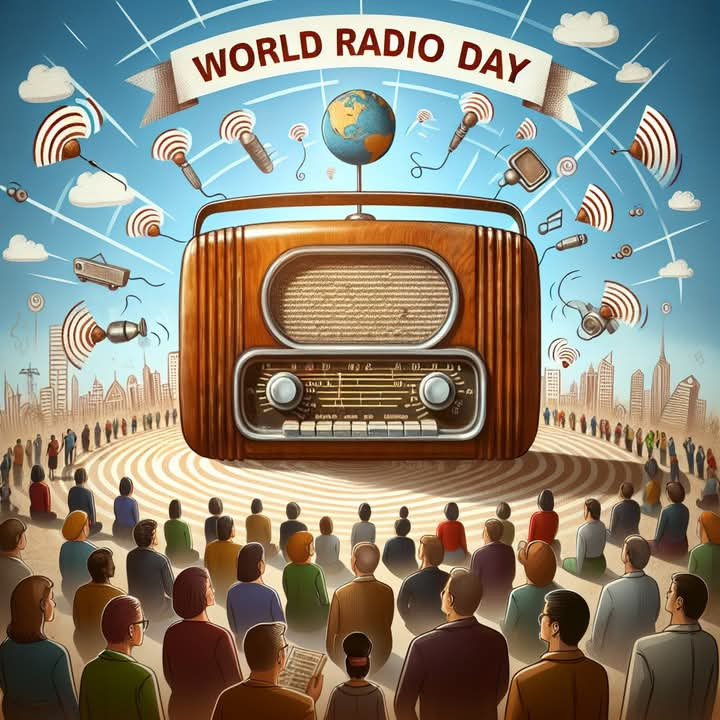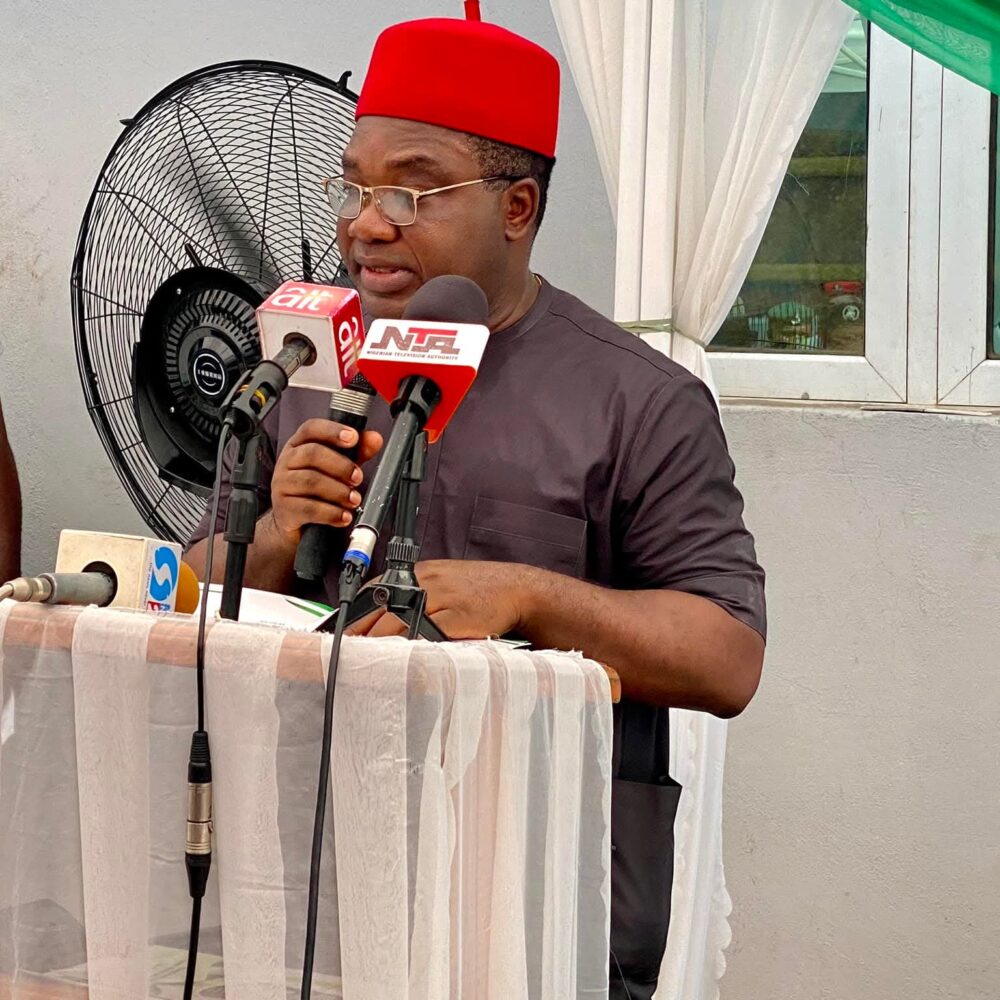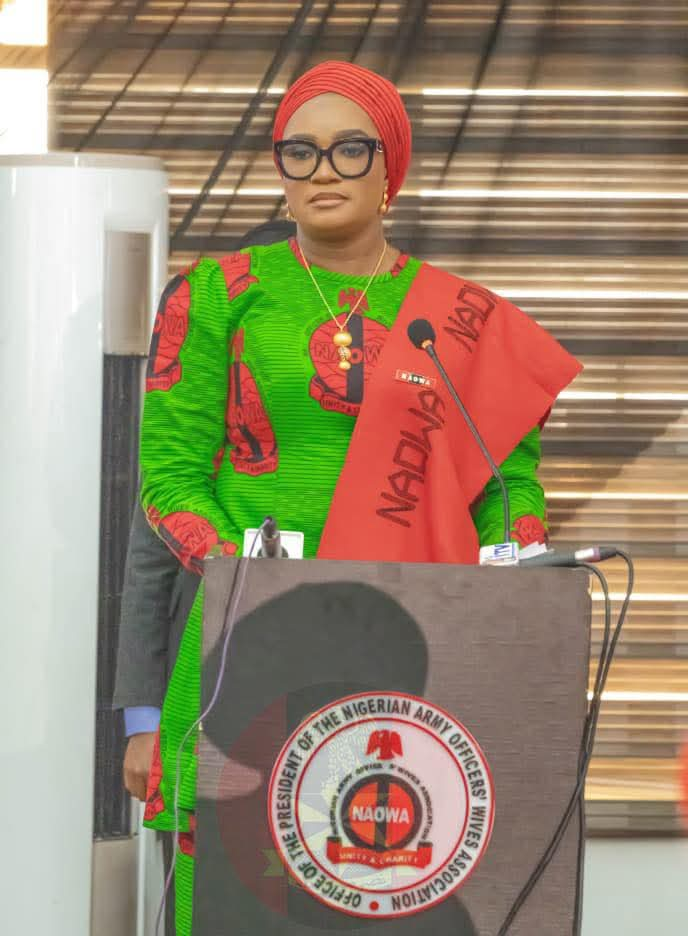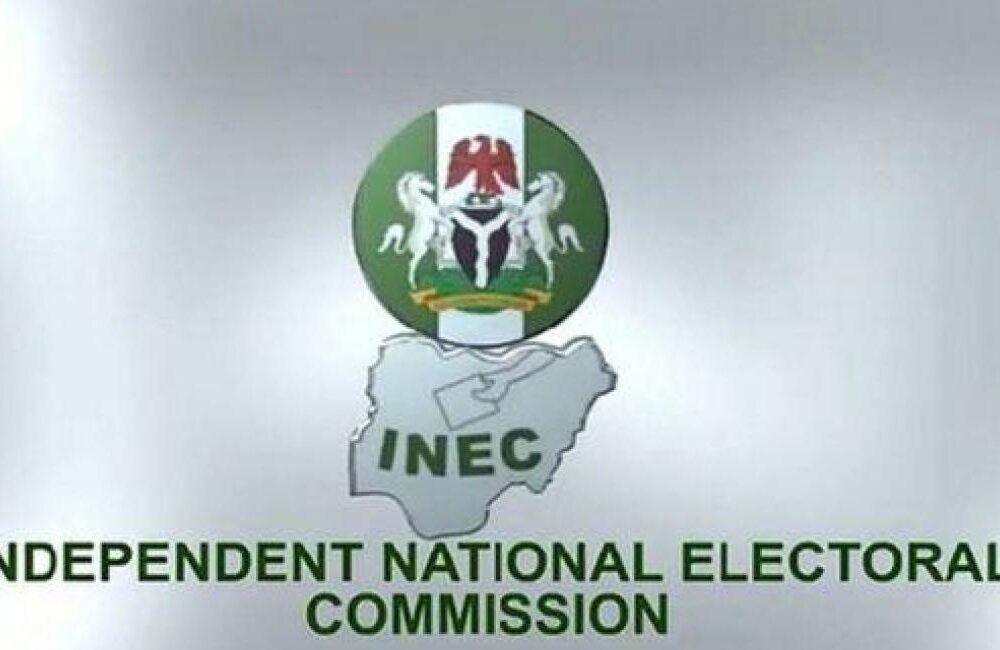As Nigeria joined the global community in commemorating World Radio Day 2025, the National Human Rights Commission (NHRC) has reaffirmed its commitment to leveraging radio as a powerful tool for human rights education, advocacy, and climate action.
In a statement marking the occasion, NHRC Executive Secretary, Dr. Tony Ojukwu, emphasized that radio remained an essential medium for promoting human rights, reaching diverse populations including marginalized and rural communities and fostering informed public discourse.
He noted that this year’s theme, “Radio and Climate Change,” underscored the critical role of radio in driving conversations on environmental sustainability and its impact on fundamental rights such as life, health, food, water, and shelter.
“The Commission recognizes that climate change is not just an environmental issue but a human rights issue. Rising temperatures, extreme weather conditions, and environmental degradation disproportionately affect vulnerable populations, including women, children, persons with disabilities, and those in rural areas. Radio, with its extensive reach, plays a crucial role in educating the public, advocating for climate justice, and empowering communities to take meaningful action,” Dr. Ojukwu stated.
He also revealed that the NHRC is working towards establishing a professionally operated human rights radio station to enhance public awareness, provide timely information on rights violations, and promote proactive engagement on human rights and climate-related issues. He disclosed that the Commission currently received over two million complaints of human rights violations annually, attributing this surge to increased public awareness an effort in which radio has been instrumental.
Dr. Ojukwu reiterated the Commission’s commitment to collaborating with media professionals, civil society organizations, and government agencies to ensure that radio remain a catalyst for positive change and respect for human rights.
“We urge all stakeholders to support initiatives that harness the power of radio to raise awareness, promote dialogue, and drive action on both human rights and climate change,” he said.
The NHRC boss further called on media practitioners and policymakers to maximize radio’s potential for advocacy, policy influence, and grassroots mobilization in addressing human rights violations and climate challenges.
“As the world grapples with the realities of climate change, a human rights-based approach to environmental policies is crucial in ensuring justice and equity for all,” Dr. Ojukwu added.
He assured that the NHRC will remain steadfast in its mission to protect and promote human rights in Nigeria, leveraging radio as a medium for education, advocacy, and action toward a more just, inclusive, and environmentally sustainable society.
The Chief Human Rights Officer in Nigeria also encouraged more radio stations to dedicate programming to human rights issues, added that existing human rights radio programs have significantly contributed to building a culture of respect for human rights across the country.





